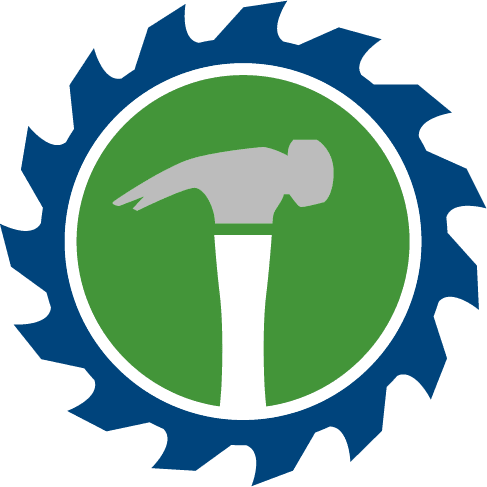Safety First: Essential Tips for Framing Contractors
Discover crucial safety guidelines to protect your crew and enhance job site security. Our comprehensive tips are designed to minimize risks and ensure a safe working environment for all framing contractors.
Top Safety Tips for Framing Contractors
Wear Appropriate Personal Protective Equipment (PPE)
Ensure all workers are equipped with hard hats, safety goggles, gloves, and steel-toed boots to prevent injuries from falling objects and sharp materials.
Conduct Regular Safety Training
Organize frequent training sessions to keep your team updated on the latest safety protocols and emergency procedures.
Implement Fall Protection Systems
Use guardrails, safety nets, and personal fall arrest systems to prevent falls from heights, which are a leading cause of injuries in construction.
Maintain Clean and Organized Work Areas
Keep job sites tidy to reduce tripping hazards and ensure that tools and materials are stored safely when not in use.
Inspect Tools and Equipment Regularly
Perform routine checks on all tools and machinery to ensure they are in good working condition and safe to use.
Communicate Clearly and Effectively
Establish clear lines of communication among team members to ensure everyone is aware of ongoing tasks and potential hazards.
Plan for Weather Conditions
Monitor weather forecasts and adjust work schedules to avoid hazardous conditions such as high winds or heavy rain.
Develop an Emergency Response Plan
Create a detailed plan outlining procedures for responding to accidents or emergencies, and ensure all workers are familiar with it.
The Role of Risk Management in Framing
Why Risk Management is Crucial for Framing Contractors
Risk management is an essential component of any successful framing business. By identifying potential hazards and implementing strategies to mitigate them, contractors can significantly reduce the likelihood of accidents and financial losses. Effective risk management not only protects your team and assets but also enhances your reputation as a reliable and responsible contractor. Investing in comprehensive insurance coverage, conducting regular safety audits, and fostering a culture of safety awareness are key steps in managing risks effectively. By prioritizing risk management, you safeguard your business’s future and ensure long-term success in the framing industry.
Ensuring Worker Safety in Framing
Worker safety is paramount in the framing industry, where the risk of accidents is ever-present. As a framing contractor, implementing comprehensive safety protocols can protect your team from potential hazards. Regular safety training, proper use of personal protective equipment (PPE), and adherence to OSHA guidelines are essential practices. Additionally, conducting routine site inspections and maintaining clear communication channels can significantly reduce the likelihood of accidents. Prioritizing safety not only safeguards your workers but also enhances productivity and morale, creating a safer and more efficient work environment.
Insurance Benefits for Framing Contractors
Comprehensive Coverage
Our insurance packages provide extensive coverage tailored to the unique needs of framing contractors, ensuring protection from various risks.
Risk Mitigation
Insurance helps mitigate risks associated with accidents, theft, and equipment damage, allowing you to focus on your projects with peace of mind.
Common Questions About Safety and Insurance
Understanding safety and insurance is crucial for framing contractors. Here are answers to some frequently asked questions to help you navigate these important topics.
Why is insurance important for framing contractors?
Insurance provides financial protection against unforeseen events, such as accidents or damage, ensuring your business can recover quickly and continue operations.
What types of insurance should a framing contractor consider?
Framing contractors should consider General Liability Insurance, Workers’ Compensation, Commercial Auto Insurance, and Tool and Equipment Insurance to cover various aspects of their business.
How can I improve safety on my job site?
Improving safety involves regular training, using PPE, conducting safety audits, and fostering a culture of safety awareness among your team.
What should I do if an accident occurs on site?
Immediately ensure the safety of all personnel, provide necessary medical assistance, document the incident, and report it to your insurance provider to initiate the claims process.
How does Workers’ Compensation Insurance benefit my employees?
Workers’ Compensation Insurance covers medical expenses, rehabilitation costs, and lost wages for employees injured on the job, providing them with essential support during recovery.
Can insurance help with compliance and legal requirements?
Yes, having the right insurance can help meet legal requirements and provide the necessary documentation to comply with industry regulations and contractual obligations.
Secure Your Future with a Free Insurance Consultation
Discover how tailored insurance solutions can safeguard your framing business. Contact us today for a complimentary quote or consultation and ensure your projects are protected from unexpected risks.



